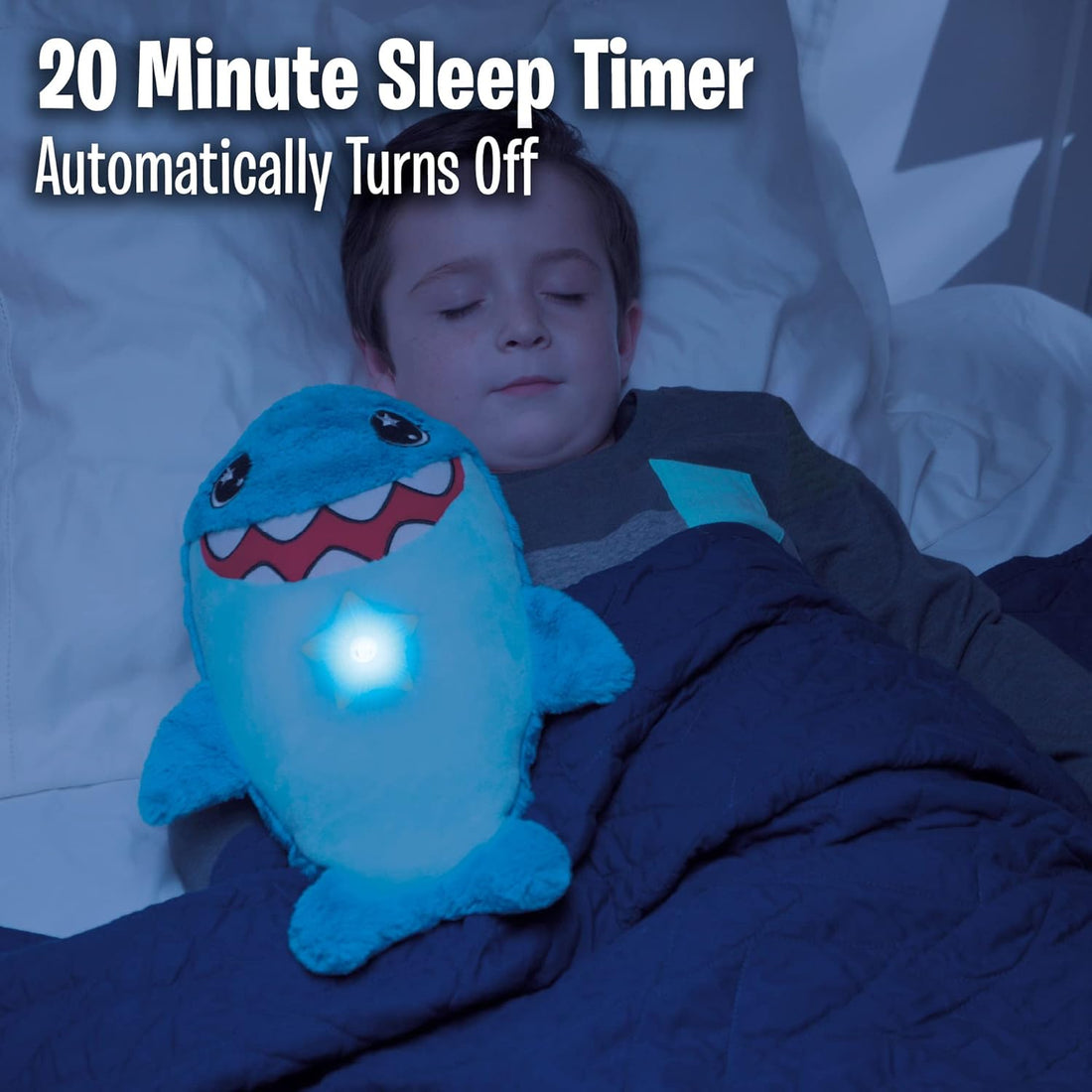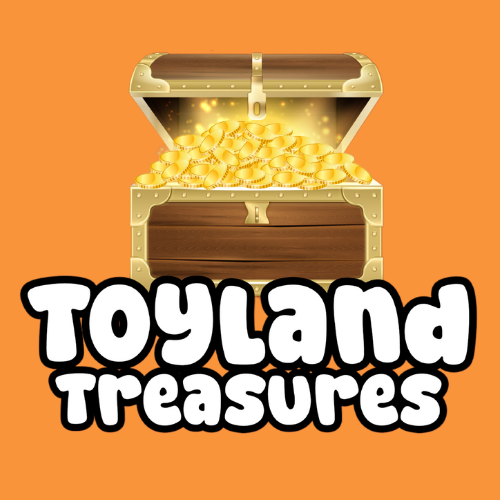What is the psychology behind plush toys?

The Emotional Connection: Understanding the Psychology Behind Plush Toys
Plush toys are more than just cute and cuddly objects; they hold a significant place in our lives, especially in the hearts of children. Whether it's a fluffy teddy bear or a beloved stuffed animal, these toys often become more than mere playthings. But what is it about plush toys that create such strong emotional bonds? Let's delve into the psychology behind why we cherish these soft companions.
A Source of Comfort and Security
From an early age, children naturally seek comfort and security, and plush toys often fulfill this need. These soft, huggable objects provide a sense of safety, acting as a constant presence in a child's life. The tactile experience of holding and cuddling a plush toy can mimic the warmth and reassurance of a parent, offering emotional support during times of stress or anxiety. The softness of the material, combined with the familiar scent and touch, creates a soothing effect, helping children (and even adults) to feel calm and protected.
Fostering Emotional Development and Empathy
Plush toys play a crucial role in the emotional development of children. Through interactions with these toys, children learn to express their feelings, nurture others, and develop empathy. For instance, a child might pretend to care for their plush toy as they would a baby, feeding, dressing, and talking to it. This role-playing helps children understand emotions and build social skills, laying the foundation for empathetic behavior in real-life situations.
The Unique Personalities We Assign to Plush Toys
One fascinating aspect of our relationship with plush toys is the way we often attribute unique personalities to them. This personalization process is not just a fun activity; it reflects a deeper psychological connection. By giving a plush toy a name, voice, or personality, children (and adults) create a bond that transforms the toy into a trusted friend. This connection can become so strong that the toy takes on a symbolic meaning, representing comfort, stability, and companionship in the owner's life.
Plush Toys as Transitional Objects
Plush toys often serve as transitional objects—a concept introduced by psychoanalyst Donald Winnicott. Transitional objects help children navigate the difficult process of separating from their primary caregiver, such as a mother. These toys act as a bridge between the comfort of a caregiver and the child’s developing independence. By holding onto a plush toy, children can carry a piece of home with them, making new environments and experiences less daunting.
Nostalgia and Lifelong Attachment
The attachment to plush toys often extends into adulthood. Many people hold onto their childhood plush toys as cherished mementos, symbols of a simpler time filled with love and security. These toys can evoke powerful memories and emotions, providing comfort even in adulthood. The enduring bond with a childhood plush toy underscores the deep psychological impact these objects can have on our lives.
Explore Our Plush Toy Collection at Toyland Treasures
At Toyland Treasures, we understand the special place that plush toys hold in your heart. Whether you're looking for the perfect gift for a child or a nostalgic piece for yourself, our collection offers something for everyone. Explore our wide range of plush toys, each designed to provide comfort, companionship, and endless joy. Visit our toy store today and find your next treasured friend!
